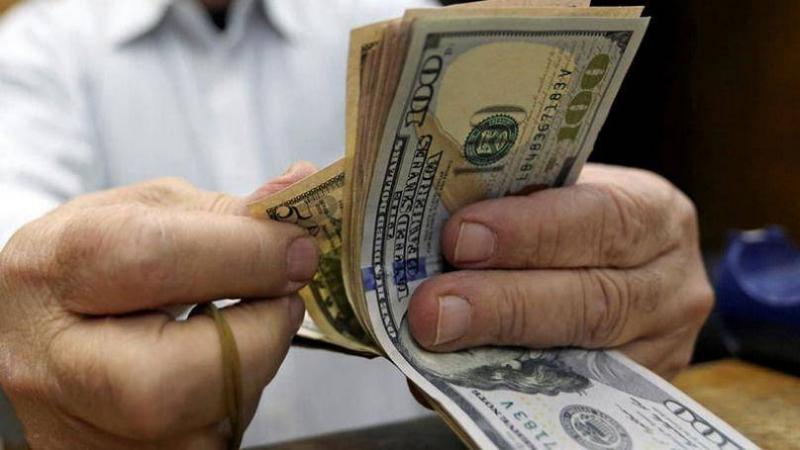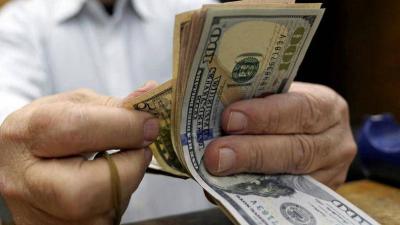For three weeks now, the US dollar has been approaching the ceiling of 40,000 Lebanese pounds without actually touching it. In light of following the stages of increase since the end of 2019, the path for the green currency could lead towards the ceiling of 50,000, as the political crisis intensifies. Currently, Lebanon is heading towards both presidential and governmental voids, undermining confidence, particularly in the global economic context, leading to further depreciation of the local currency. But could signing the maritime border agreement in the south and putting Lebanon on a path to becoming one of the "oil-producing countries" put an end to this collapse?
What can we expect after October 31, when Lebanon officially enters a phase of void for which we know the beginning but not the end? Economic expert Jassim Ajaka believes that nothing positively affects the rise in the dollar’s exchange rate, stating: As long as confidence in the Lebanese state is lacking, the trend will remain upward. Additionally, there is a gang controlling the market, leading to a continuously fluctuating exchange rate.
He mentions that the announcement of the border demarcation agreement should have produced a dramatic decrease, but this hasn’t happened because the exchange rate is not subject to what is called market efficiency. Therefore, positive information is disregarded in favor of negative news.
He points out that the dollar's price is not governed by global market laws, emphasizing that it is illogical to think of prices that do not adhere to these laws, affirming: The dollar's price will remain a hostage to political conflicts.
In response to a question, Ajaka believes the issue is not related to the end or beginning of a term, especially since the same factions continue to govern, differ, and obstruct. He explains that nothing will change in the dollar's exchange rate without a change in the political reality.
On another note, coinciding with the end of the presidential term, the new official exchange rate established by the caretaker Minister of Finance, Youssef Khalil, at 15,000 Lebanese pounds, will come into effect. In this context, a banking source indicates that the parallel market is controlled by speculators and has not been linked to the official rate since the onset of the crisis. Thus, it is impossible to predict anything, stating: The high official exchange rate itself could be an additional factor for further increases in the black market.




